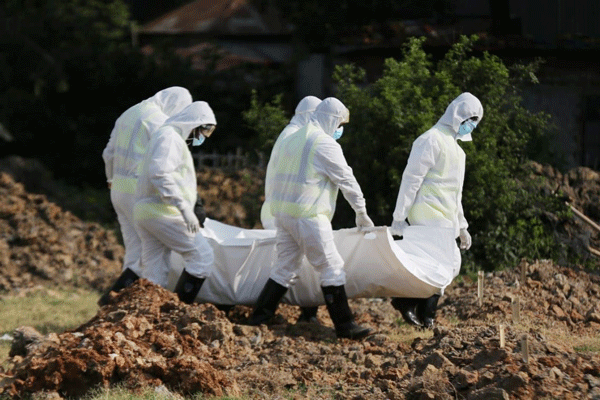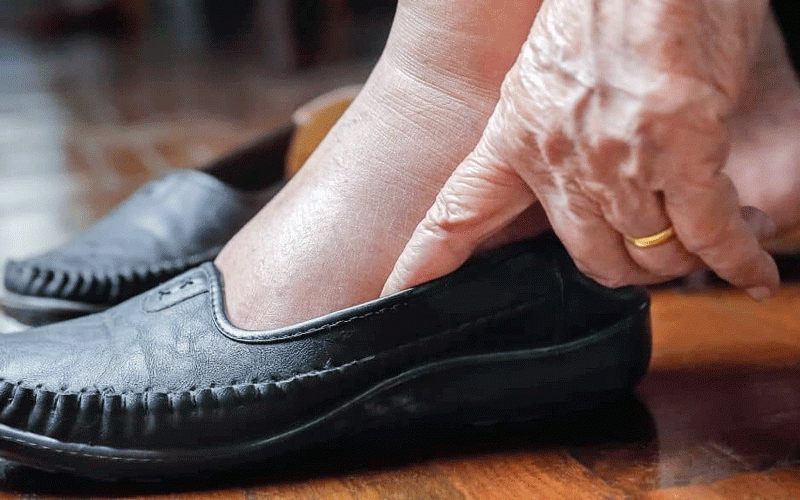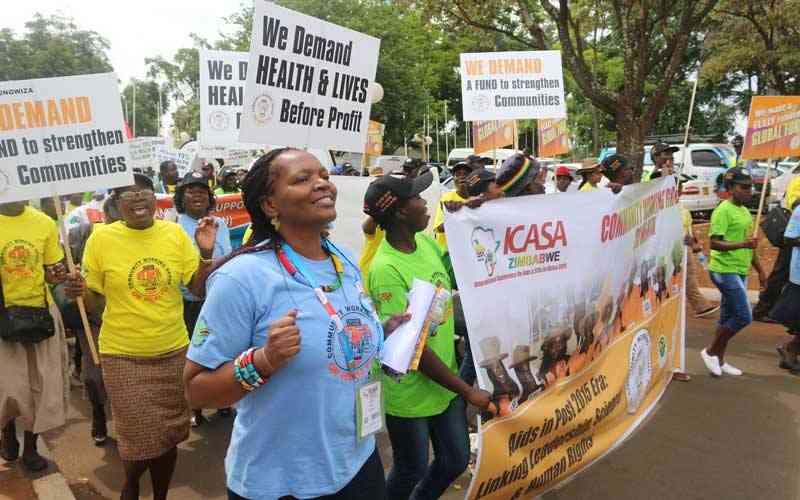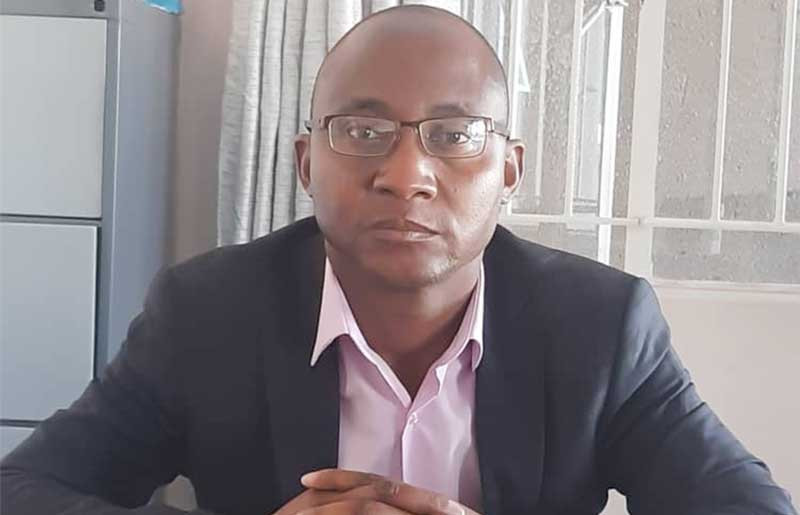
Dr Johannes Marisa
Covid-19 is still there but just that the cases are gradually declining globally.
The last 2 years were surely horrific with unbearable losses.
Many people came to master medical terms and diagnoses were made quickly even by the layman. Zimbabwe lost over 5 400 people from the deadly virus and prominent people succumbed to the heinous virus within a short period of time.
The medical fraternity was plunged into deep mourning when prominent practitioners succumbed to the virus.
Prof Hakim, Dr Mutwira and Dr Gondo were some of the finest practitioners who lost their lives in their lines of duty.
Almost every family in the country was affected by the pandemic. Both morbidity and mortality at some point threatened to overrun the healthcare centres.
Healthcare workers should be applauded for standing tall against the notorious virus. The brevity that characterised our own health personnel should be acclaimed by all citizens of the nation.
- Chamisa under fire over US$120K donation
- Mavhunga puts DeMbare into Chibuku quarterfinals
- Pension funds bet on Cabora Bassa oilfields
- Councils defy govt fire tender directive
Keep Reading
The attack that hit us as a nation should give us some good lessons as to what we should do in order to be better prepared for the future. Many lives could have been saved if the country was fully prepared for such calamitous outbreaks like Covid-19.
The World Health Organisation in 2007 came up with six important building blocks for a robust health service delivery. Medicines, leadership, financing, health workforce, health information systems and service delivery are important components in a robust health system. Sound and reliable information is the foundation of decision-making across all health system building blocks.
Our health delivery service is in shambles as there are a myriad of problems that should call for urgent interventions.
The public system has suffered massively from high staff turnover, poor infrastructure, lack of drugs and general low staff morale. Problems have continued to rock the public sector with workers sometimes downing tools as what happened in 2019, 2020 and 2021 when nurses and doctors were demanding better working conditions in the midst of the dreaded Covid-19. Many health workers succumbed to Covid-19 and it is a pity that up to now, their families have not been remembered despite the fact that they died in their lines of duty.
We are in 2022 and the same grievances are still being raised especially poor remuneration, poor working conditions, poor infrastructure including lack of worker accommodation. The tiff between health workers and the employer seems far from over. It is uncontrovertibly known that the health sector is in dire need of urgent capital injection if the country is going to remain afloat medicine-wise. This is the time that government moves with speed to capacitate its workers in the face of brain drain threats and it only needs political and subsequent budgetary support.
Many hospitals and clinics are functioning without viable ambulances, X-rays, scans which are, however, of great importance in the diagnosis of patients.
The private sector is facing serious challenges that are threatening to tear it apart. New strategies are required in order to remain candid and viable as there is lack of funding. Practitioners who need financial assistance are forced to get loans at unbearable interest rates demanded by banks who always argue about the risk of lending in an inflationary environment.
The end result is poor health delivery as many practitioners fail to finance their operations. A lot of hospital equipment cannot be replaced because of lack of capital.
The patients who are supposed to be attended to are facing economic quagmire and very few are liquid.
Those who are under some Medical Aid Societies are facing the same predicament as many practitioners demand cash up-front.
Practitioners blame Medical Aid Societies for poor service delivery because members are shunned from clinicians because of non-payment of practitioners’ dues. A lot of Medical Aid Societies have opened their own clinics, registering them under different names yet their members face untold suffering when they seek medical care.
The viability of both the public and private sector is now under serious threats unless capital injection is done as a matter of urgency. Premier Service Medical Investments was in the media some few days when the directors saw it fit to introduce co-payments to all medical aid-carrying members.
It was later revealed that the company is in serious financial quagmire, with workers threatening to take unspecified action against management that has failed to pay workers for some months now.
PSMI falls under the auspices of Premier Service Medical Aid Society that has 90% of its members being civil servants. If a big organisation like PSMI is facing such a tribulation, then the health sector is becoming more and more directionless.










